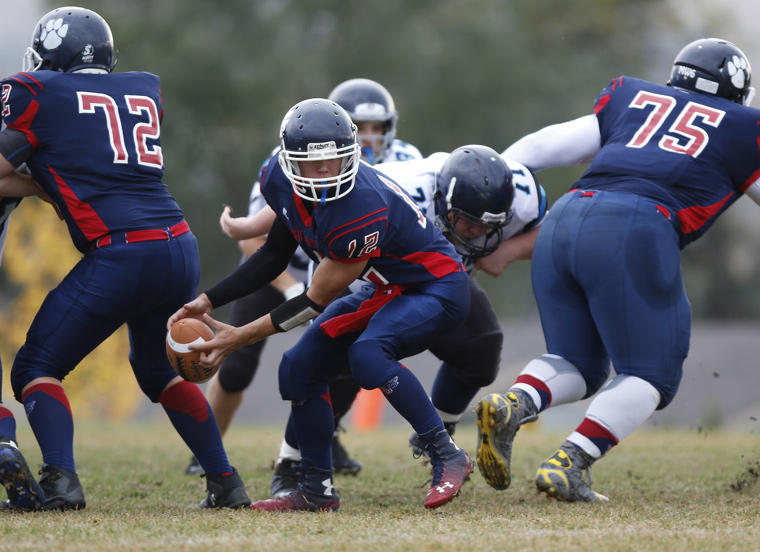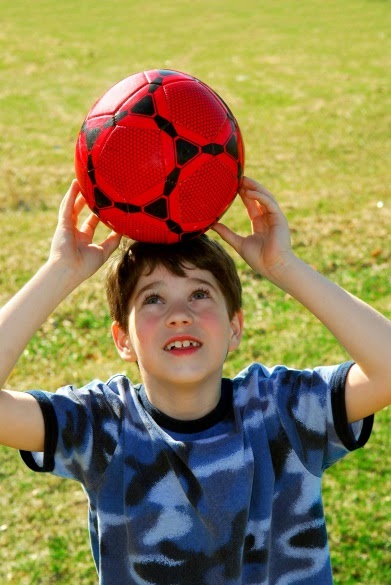Being Smart about Concussions
Concussion continues to be a very hot topic in sport these days. In fact, the Governor General spent a full day in December 2016 hosting a conference with former professional athletes, Olympic and Paralympic athletes, the medical community, and the sport community at large, discussing concussions in sport and how we can do better for…
Need to Know Facts about Concussions
A concussion is a common head injury, also known as a Mild Traumatic Brain Injury (MTBI). It is an injury that is caused by the brain being shaken around inside the skull after a direct blow to the head, or a sudden jerking of the head or neck when the body is hit. There is…
Highlights: Consensus statement on concussion in sport – the 5th International Conference on Concussion in Sport

Concussion is one of those topics in sport that has been increasing in prevalence over the last few years. It is most likely that concussion injuries have existed for a long time, however, the awareness of their symptoms, presentation and management have been largely hidden from the mainstream. High profile athletes who have shared their…
Canadian Concussion Collaborative – Sharing Tools and Resources for Concussion Education and Management in Canada
In December of 2011, 10 medical organizations led by the Canadian Academy of Sport and Exercise Medicine (CASEM) and the Canadian Medical Association (CMA) along with the Canadian Centre for Ethics in Sport (CCES) and the then Think First (now Parachute Canada) came together with a primary overall mandate to address growing needs of medical…
Health and Sport Working Together to Improve Concussion Safety in Kids
The growth in knowledge of the potential impact of concussion in recent years has prompted a demand for sports organizations across Canada to work with experts in health and health care to enhance the safety of athletes. One example of this is the collaboration between the Greater Toronto Hockey League (GTHL), the largest hockey league…
After concussion: Student-athletes return-to-learn

When a high school age student athlete receives a concussion, it’s important that all adults that interact with that student know how to provide the best atmosphere for them when they return to school. While health care professionals are increasingly being made aware of how to recognize a concussion and the recommendations for care of…
Use Your Head … Safely!

Concussion awareness and prevention has been a rising issue throughout the sports world in recent years. Particular attention is being paid to head injury in youth sports and its lasting effects as children get older. For the game of soccer, this means addressing the necessity of ‘heading’ in youth divisions. Heading in soccer occurs…